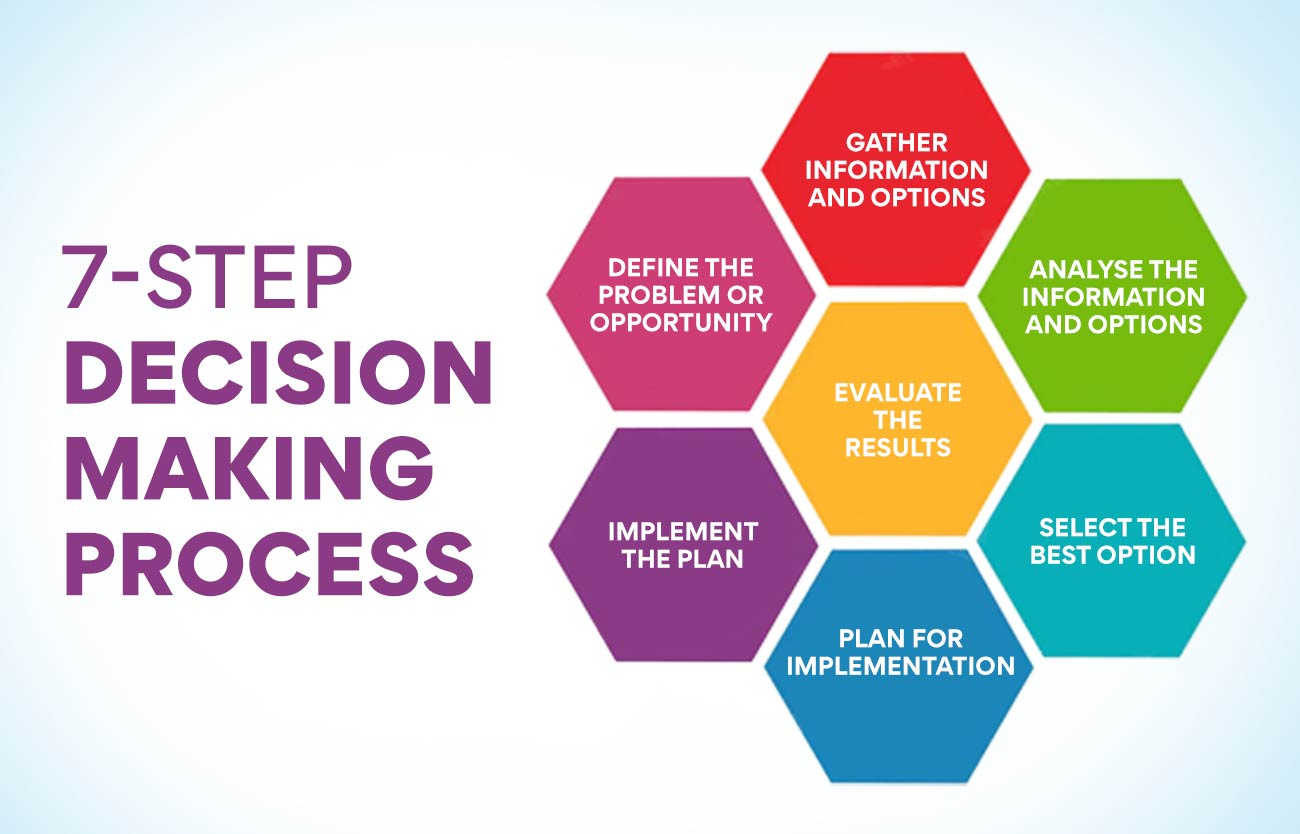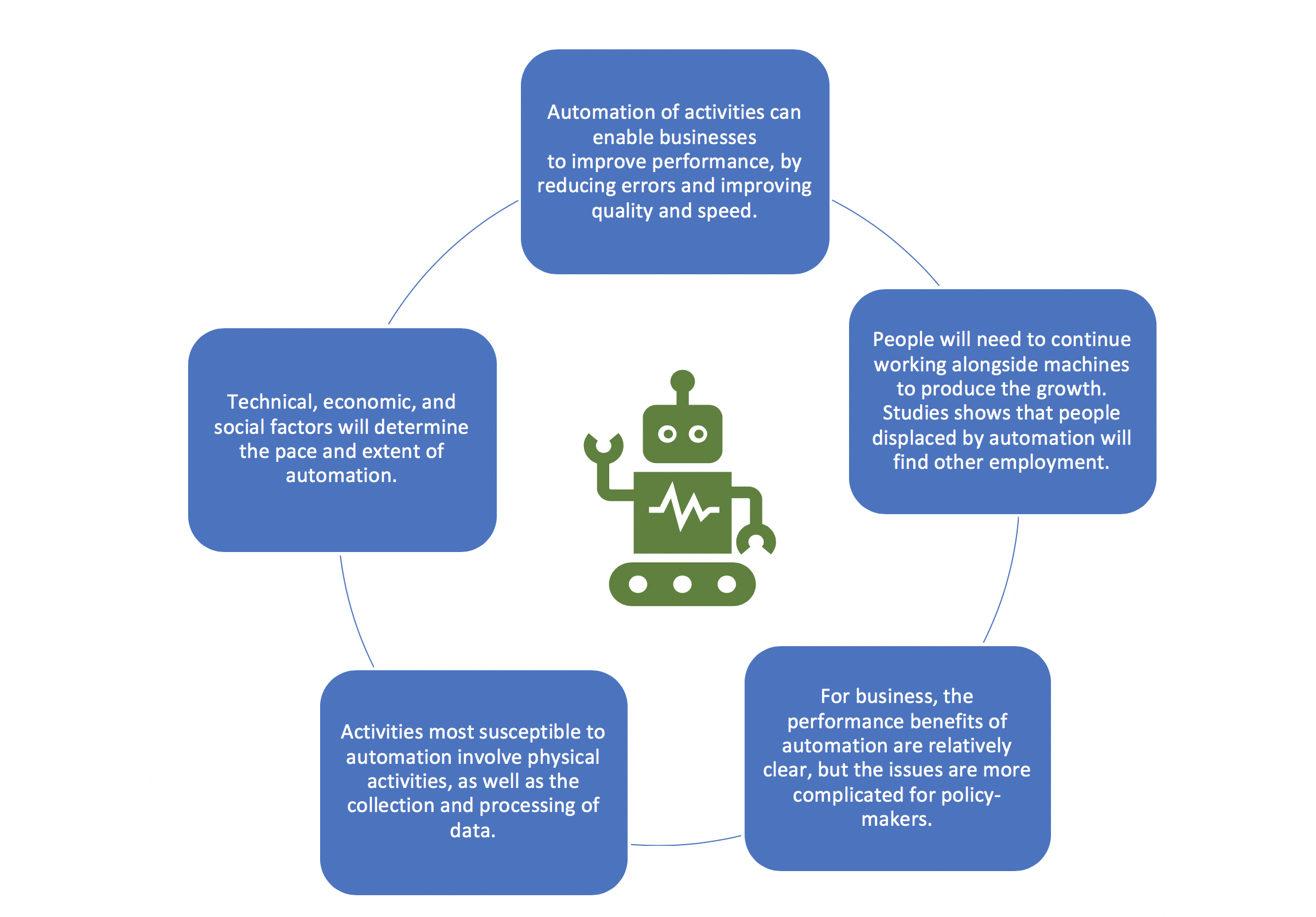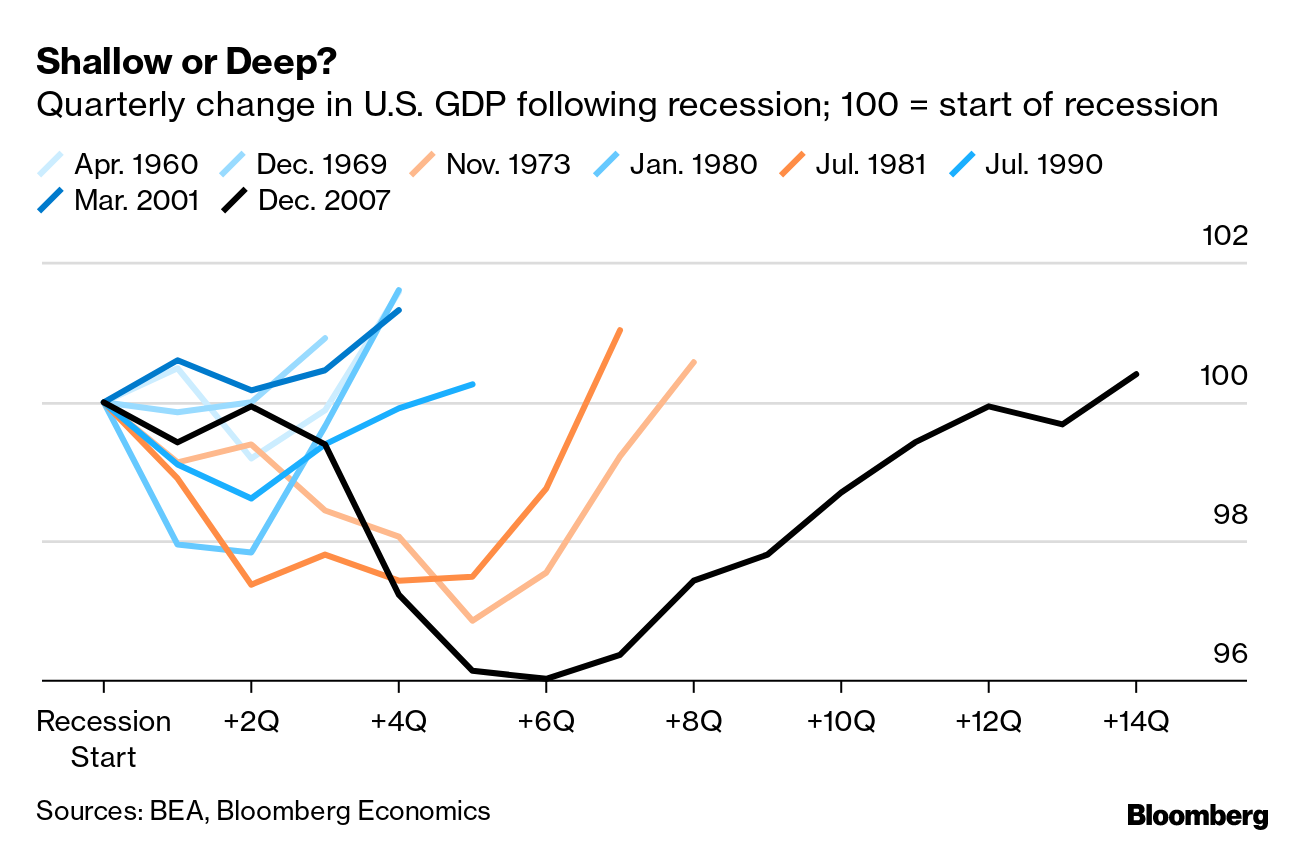Business decision-making is at the core of every successful organization, shaping strategies that drive growth and foster ethical practices. In the evolving landscape of corporate governance, leaders are increasingly faced with complex decision analysis that requires keen managerial judgment and a deep understanding of business ethics. Joseph Badaracco, a distinguished professor at Harvard Business School, emphasizes the importance of pausing to reflect before making decisions, especially in situations laden with ethical dilemmas and legal gray areas. His insights provoke a reevaluation of traditional approaches to ethical decision-making, urging professionals to prioritize transparent processes. By integrating ethical considerations with sound judgment, organizations can navigate challenges and uphold their moral responsibilities while maintaining profitability.
Strategic choices in the business environment are influenced by a myriad of factors, demanding a careful evaluation of principles and moral considerations. The art of corporate judgment often involves deciphering the intricacies of ethical dilemmas amid fluctuating market dynamics. In this context, business leaders must engage in complex decision-making that encompasses not only profit motives but also the wider implications of their actions on stakeholders. This nuanced approach reflects a shift from a rigid application of ethics to a more adaptable, reflective practice that governs leadership decisions. Understanding these dimensions equips professionals to tackle the multifaceted challenges that arise in today’s interconnected business world.
The Evolution of Business Ethics in Decision-Making
Over the past three decades, the definition of business ethics has evolved significantly, impacting how executives and managers approach decision-making. Initially focused on applied moral philosophy, business ethics education examined principles such as utilitarianism and deontology, encouraging a top-down framework. However, contemporary approaches emphasize a bottom-up analysis, where the circumstances and specific context of ethical dilemmas take precedence. This shift enables decision-makers to engage more dynamically with the complexities of their situations, thus driving more thoughtful and ethical outcomes.
Modern business leaders face a landscape filled with intricate relationships and responsibilities. The advent of international business and significant technological advancements such as AI has generated new ethical challenges that are multifaceted and sometimes ambiguous. With stakeholders seeking greater transparency and accountability, executives are now tasked with balancing diverse interests and perspectives. This evolving definition of business ethics necessitates a more nuanced approach to ethical decision-making, urging leaders to consider not only legal implications but also the broader moral consequences of their decisions.
Understanding Complex Decision Analysis
Complex decision analysis is vital in navigating today’s ethical business landscape. As Joseph Badaracco points out, the process of making ethical decisions often involves critical reflection on what truly matters within a situation. Decision-makers must sift through various factors, determine the risks involved, and understand their obligations to different stakeholders. This requires a depth of analysis that transcends simple binary choices between right and wrong and acknowledges the gray areas inherent in many business challenges.
In practice, applying complex decision analysis means harnessing both analytical skills and inherent judgment. Leaders must be willing to engage with experts, reflect on their values, and incorporate diverse viewpoints into their decision-making processes. By doing so, they can mitigate cognitive biases and strive towards ethical outcomes that not only comply with legal standards but also align with the broader expectations of society. Enhancing managerial judgment in this way leads to more reliable and responsible decisions.
The Role of Managerial Judgment in Ethical Decision-Making
Managerial judgment plays a crucial role in ethical decision-making, particularly in ambiguous situations. It entails the ability to discern not just the legal aspects of a decision but the ethical ramifications that accompany it. As Badaracco illustrates, the landscape of ethical dilemmas is often gray, requiring decision-makers to rely on their judgment about what is responsible and practical. The stakes are high, as the decisions made can affect not only the organization but also society at large.
Importantly, managerial judgment must be cultivated through ongoing reflection and dialogue with trusted colleagues. By questioning what truly matters in a given scenario and considering different viewpoints, managers can expand their understanding and improve their decision-making processes. This approach decreases the likelihood of falling into self-serving patterns and ensures that ethical considerations remain at the forefront of business decisions.
Joseph Badaracco’s Insights on Ethical Reflection
Joseph Badaracco emphasizes the importance of reflection in ethical decision-making, noting that many leaders engage in various forms of reflection to clarify their thoughts and feelings about difficult choices. Whether through quiet contemplation or discussions with trusted peers, such reflective practices can help leaders critically assess the value of their decisions. They allow executives to step back from immediate pressures and focus on what is paramount—central responsibilities and practical outcomes.
These reflections serve not only to enhance clarity but also to inject a sense of moral weight into the decision-making process. By asking foundational questions such as “What really matters?” and “What can I live with?”, business leaders can anchor their choices in ethical principles. This continuous loop of reflection aids in evolving their understanding of business ethics, ensuring that their decisions resonate with both legal standards and societal expectations.
Navigating Legal Gray Areas in Business Decisions
In an increasingly complex business landscape, navigating legal gray areas becomes a challenge for many executives. As shown in the cases of notable figures like Sam Bankman-Fried and Elizabeth Holmes, crossing ethical and legal boundaries can lead to dire consequences. This highlights the necessity for decision-makers to have a solid grasp of both the legal framework and the ethical implications of their actions. Understanding the fine line between legality and ethics is crucial in guiding businesses toward sound decision-making.
To effectively navigate these gray areas, decision-makers should prioritize comprehensive analysis and consult with legal and ethical experts. Engaging with colleagues across different functions can provide diverse perspectives, minimizing the risk of falling into decision-making traps. Recognizing the inherent uncertainties in many business scenarios enables leaders to approach their decisions with caution, ensuring they lean towards interpretations that uphold their ethical responsibility.
Avoiding Cognitive Biases in Decision-Making
Cognitive biases can significantly distort decision-making processes, leading managers to make choices that are not in line with ethical standards. Business leaders often face pressures that can obscure their judgment, particularly when dealing with complex issues where the correct path is unclear. To combat these biases, it is essential to engage in honest, analytical discussions with team members, encouraging a culture of transparency and accountability that prioritizes ethical considerations.
By fostering an environment where diverse opinions are valued, managers can break free from self-serving decision-making habits. Reflecting on past decisions and seeking alternative viewpoints can help mitigate the influence of biases, leading to more responsible choices. Ultimately, confronting cognitive biases head-on equips executives to navigate challenges in a way that aligns with both business goals and ethical standards.
Implementing Ethical Decision-Making Frameworks
Designing and implementing ethical decision-making frameworks can significantly enhance the way managers approach complex dilemmas. These frameworks provide structured guidance, allowing leaders to assess scenarios systematically while considering ethical principles alongside business objectives. By having defined processes, organizations can improve consistency in decision-making, empowering executives to navigate ethically ambiguous situations with greater confidence.
Additionally, an ethical decision-making framework can serve as a foundation for training and development within organizations. By fostering an environment where ethical decision-making is a core value, companies not only prepare their leaders to manage challenges effectively but also reinforce their commitment to business ethics. Leaders who understand and apply these frameworks can make informed decisions that positively reflect on the company’s reputation while fostering trust with stakeholders.
The Importance of Ethical Decision-Making in Business Culture
Creating an organizational culture that prioritizes ethical decision-making is essential for long-term success. Companies that integrate ethical principles into their core values not only navigate complex decisions with greater integrity but also positively impact their reputations and stakeholder relationships. As Badaracco suggests, the complexities of modern business demand that organizations adapt their cultural frameworks to reflect the ethical challenges they face.
An ethical business culture encourages individuals at all levels to consider the broader implications of their decisions. When employees feel empowered to voice concerns and report unethical behavior, it fosters a climate of accountability and responsibility. Consequently, organizations that emphasize ethical decision-making can steer clear of legal pitfalls while cultivating loyalty and trust among their workforce and customers.
Reflective Practices for Better Decision-Making
Reflective practices are integral to improving decision-making in ethical contexts. By taking the time to reflect on choices, leaders can gain insight into their motivations and the potential ramifications of their decisions. As discussed by Badaracco, personal reflection takes various forms, from quiet contemplation to discussions with trusted peers. This introspection can lead to more profound realizations about what ethical behavior entails and how it aligns with managerial responsibility.
Incorporating reflective practices into the decision-making process not only enhances clarity but also encourages managers to explore their decision-making approaches critically. This ongoing cycle of reflection allows leaders to grow and adapt, ensuring that they are making choices that are ethically sound and practically effective. Ultimately, fostering a culture of reflection within organizations can lead to better decision outcomes that uphold ethical standards across the board.
Frequently Asked Questions
What are key strategies for ethical decision-making in business?
Ethical decision-making in business involves several key strategies. Firstly, understanding the context and impact of your decisions on various stakeholders is crucial. Utilizing frameworks such as stakeholder analysis can help to clarify responsibilities. Secondly, engaging in reflective practices, such as discussing dilemmas with trusted colleagues, can provide diverse perspectives and minimize cognitive biases. Lastly, ensuring that all decisions comply with relevant laws and ethical standards is essential to maintain business integrity.
How does Joseph Badaracco’s approach relate to complex decision analysis in business?
Joseph Badaracco emphasizes a bottom-up approach to complex decision analysis, focusing on the specific circumstances and ethical implications of a situation. Unlike traditional top-down methods, Badaracco advocates for deep reflection on what truly matters and careful consideration of responsibilities and practical outcomes. This method acknowledges that ethical decisions often exist on a spectrum rather than in binary terms, thus requiring nuanced judgment.
What role does managerial judgment play in ethical decision-making?
Managerial judgment is vital in ethical decision-making as it involves navigating gray areas where right and wrong are not clearly defined. Effective decision-makers must assess complex variables, including stakeholder interests, legal considerations, and personal morals. Strong managerial judgment is built through experience and continuous reflection on what constitutes responsible action in the context of business ethics.
How can businesses mitigate cognitive biases during the decision-making process?
Businesses can mitigate cognitive biases by fostering a culture of open communication and collaboration. Encouraging diverse teams to tackle decision-making helps to counteract individual biases. Additionally, structured decision-making processes, such as pre-mortems and critical thinking exercises, can aid in identifying potential pitfalls, leading to more ethical and sound decisions.
Why is it important to pause before making complex business decisions?
Pausing before making complex business decisions allows leaders to reflect and consider the various ethical dimensions and implications of their choices. This deliberate step can prevent rushed judgments that might favor short-term gains over long-term ethical standards. Reflective practices enhance clarity and ensure that decisions align with both personal and organizational values.
What are the implications of legal gray areas in business decision-making?
Legal gray areas present significant challenges in business decision-making because they blur the lines between right and wrong. Executives need to exercise heightened discretion and ethical judgment, as decisions made in these areas could lead to unforeseen legal consequences. Understanding the broader context and implications for all stakeholders is vital for navigating these complexities responsibly.
How has the landscape of business ethics evolved over the past decades?
The landscape of business ethics has evolved significantly, becoming more complex due to globalization, technological advancements, and heightened public scrutiny. Today, ethical decisions also consider factors such as corporate social responsibility and stakeholder engagement. Business leaders are now expected to navigate a web of relationships with various organizations and interests, necessitating a more nuanced understanding of ethics.
What techniques help ensure sound ethical decisions in business?
To ensure sound ethical decisions in business, leaders can employ several techniques: engaging in thorough stakeholder analysis, conducting ethical risk assessments, utilizing reflective techniques such as journaling or discussions, and seeking feedback from diverse viewpoints. These practices help clarify responsibilities and potential impacts, leading to more informed and ethical decision-making.
| Key Points |
|---|
| Business ethics are evolving, focusing on practical problems and contexts rather than just theoretical application. |
| Executives face complicated ethical dilemmas due to technological changes and a globalized business environment. |
| Judgment in ethical decision-making is not binary; it often involves navigating gray areas where personal interpretation matters. |
| To counter cognitive biases, collaboration and critical analysis are essential in decision-making processes. |
| Reflective practices, like discussions and mindful exercises, can enhance clarity and responsibility in decision-making. |
Summary
Business decision-making requires careful consideration of ethical implications, especially in today’s complex environment. With the rapid evolution of technology and changing societal expectations, business leaders must be equipped to navigate the intricacies of ethical dilemmas. By implementing reflective practices and collaborative strategies, decision-makers can better address the challenges and responsibilities they face, ultimately leading to sound and ethical outcomes.



